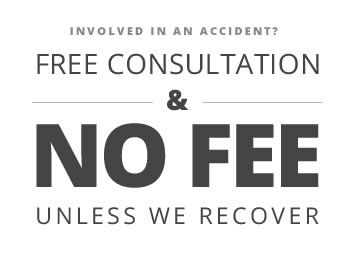There are many instances where an employee causes a car accident or an injury to another while they are working. It could be that a worker is responsible for creating a slip and fall hazard that a customer falls victim to, or a worker could be out making a delivery in a company car and causes an automobile accident. Whatever the case may be, the law provides for vicarious liability, also referred to as respondeat superior, which holds an employer accountable for the actions of its employees while they are on the clock.

Examples of vicarious liability can include:
- Filing a personal injury lawsuit against an employer, for the acts of an employee.
- Suing a hospital through vicarious liability for the acts of a physician or other medical care provider who works for the hospital.
- Filing a suit against a contractor, when a subcontractor is responsible for causing a personal injury to a victim.
Vicarious Liability for Torts Committed Within the Scope of Employment
Employers are on the hook, so to speak, for the wrongful acts committed by their employees while the employees are engaged in conduct that is within the scope of their employment. The employee must be acting on the behalf of their employer, or furthering the interests of the employer, when the accident or wrongful conduct occurs. Vicarious liability does not apply to independent contractors – only employees.
The injuries must result from an employee’s actions or negligence that falls within the scope of his or her employment in order to hold the employer liable through vicarious liability. The conduct of an employee falls outside of his or her scope of employment when there is no doubt that his or her actions were wholly disconnected from the furtherance of his or her employer’s interests. On the flip side, determining if the actions of an employee fall within the scope of employment, the court considers a number of factors, which can include:
- If the injury happened at the workplace.
- If the injury happened while the employee was on the clock.
- Whether the employee was engaging in his or her normal work activities when the injury occurred.
- Whether the employee caused the injuries while deviating from his or her work duties.
- Whether instrumentalities or machinery belonging to the employer was involved in causing the injury.
Contact a Car Accident Attorney
When you are injured by someone else, it is important that you are able to obtain the compensation that you deserve for your injuries. Sometimes the individual who actually caused you harm will not be able to compensation you in the way that your injuries deserve, and it is important that your personal injury lawyer consider every possible means of recovery that is available to you. Attorney Michael Freedman can help you develop a case and can help you seek the recovery that you deserve. Contact us today.


